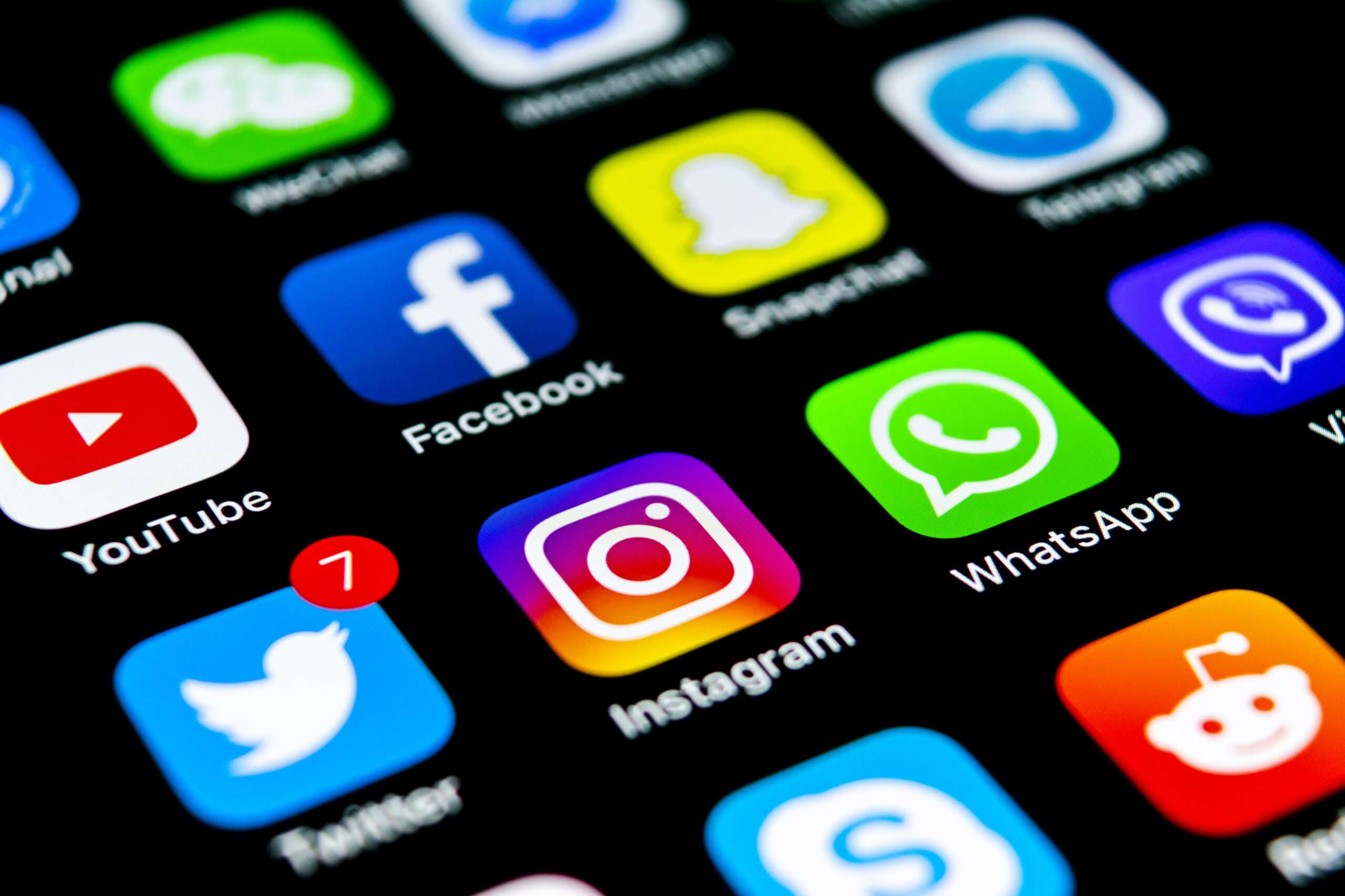Do Variations in Misinformation Sharing Account for Political Disparities in Social Media Suspensions?
During a recent vice presidential debate, Republican candidate Sen. J.D. Vance highlighted concerns regarding censorship, particularly emphasizing the role of big technology companies in allegedly silencing citizens. While Vance suggested that social media platforms employ a double standard against conservative viewpoints, a study by researchers from the Oxford Internet Institute presents a more complex perspective on the issue. The study indicates that Republicans and conservatives face greater scrutiny and sanctions on platforms like Twitter, but it links these outcomes to their tendency to share content from lower-quality news sites rather than a straightforward political bias from social media moderators.
The findings of the study, published in Nature, challenge the oversimplified narrative of politically motivated censorship against conservatives. Researchers analyzed the posting behaviors and suspension patterns of social media users, discovering that right-leaning individuals frequently shared links to sources deemed low-quality by a politically balanced group of evaluators. This suggests that the disparities in moderation outcomes may stem more from the kind of content being shared than from any inherent bias among the content moderators themselves. For example, the research revealed that individuals who tweeted with pro-Trump hashtags were significantly more likely to have shared links to less trustworthy news domains than their pro-Biden counterparts.
To assess the quality of the news shared, the researchers utilized trustworthiness ratings from a diverse, politically representative sample of the general population. The analysis showed that users aligned with Trump’s campaign were disproportionately linked to low-quality information, as evidenced by their median sharing behavior being four times more likely to involve such sources than that of Biden supporters. Furthermore, this analysis was corroborated by scrutiny of seven additional data sets spanning several years and multiple social media platforms. These findings point to the conclusion that partisan affiliation is correlated with specific behaviors regarding the sharing of misinformation.
The research also echoes similar conclusions reached in previous studies across different electoral cycles. Historical analyses have shown that conservatives were more likely to share links to websites categorized as unreliable or misleading by journalists and fact-checkers. The association between sharing low-quality information and political screening was not limited to the United States; studies from other countries, including surveys in various cultures, demonstrated a global trend of conservative users sharing more false claims compared to their liberal counterparts. However, those skeptical of these findings often cite the perceived left-leaning biases of journalists and fact-checkers, which raises questions about the objectivity of such research.
In response to the body of evidence, the Oxford researchers emphasize that the disparities in content sharing must be viewed within the context of social media users and their behaviors rather than being generalized to broader groups. They caution against attributing the trends to an inherent disposition towards misinformation among conservatives, suggesting instead that factors like exposure to different narratives and the actions of influential political figures may play a significant role. This nuanced understanding suggests that merely identifying patterns does not encapsulate the complexities of the interactions between partisanship and misinformation sharing.
The implications of these research findings warrant reconsideration of narratives pushed by political figures such as Vance or other Republican leaders, who attribute moderation practices to an inherent anti-conservative bias rather than examining the shared behaviors that might lead to the disparate treatment of content. The evidence not only demonstrates a political asymmetry in misinformation sharing but also calls for a critical evaluation of who is responsible for content moderation. The study concludes that the differential treatment of various political groups does not automatically translate into evidence of bias from social media companies, emphasizing the necessity of unpacking the layers of engagement that contribute to these outcomes.
Share this content:












Post Comment